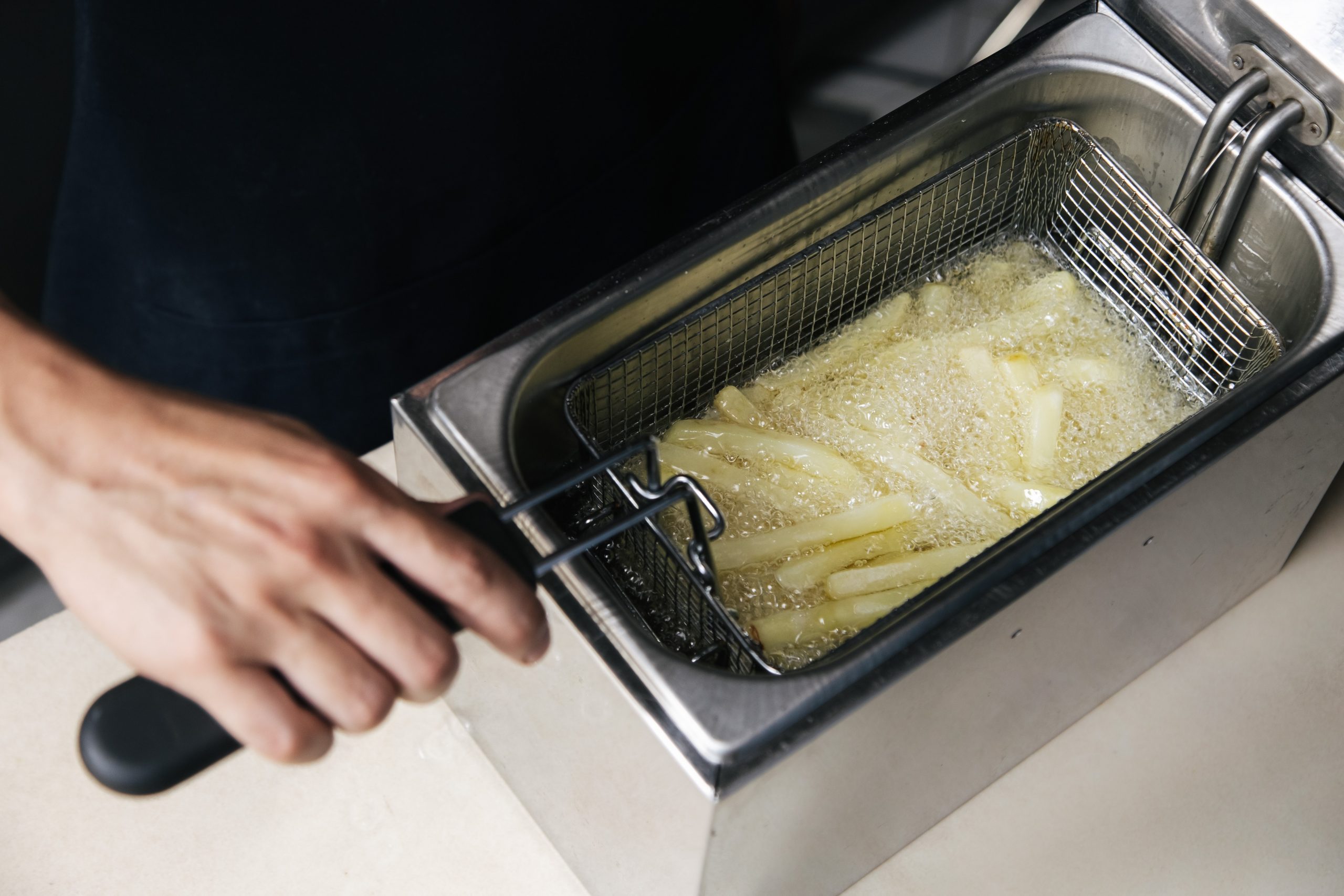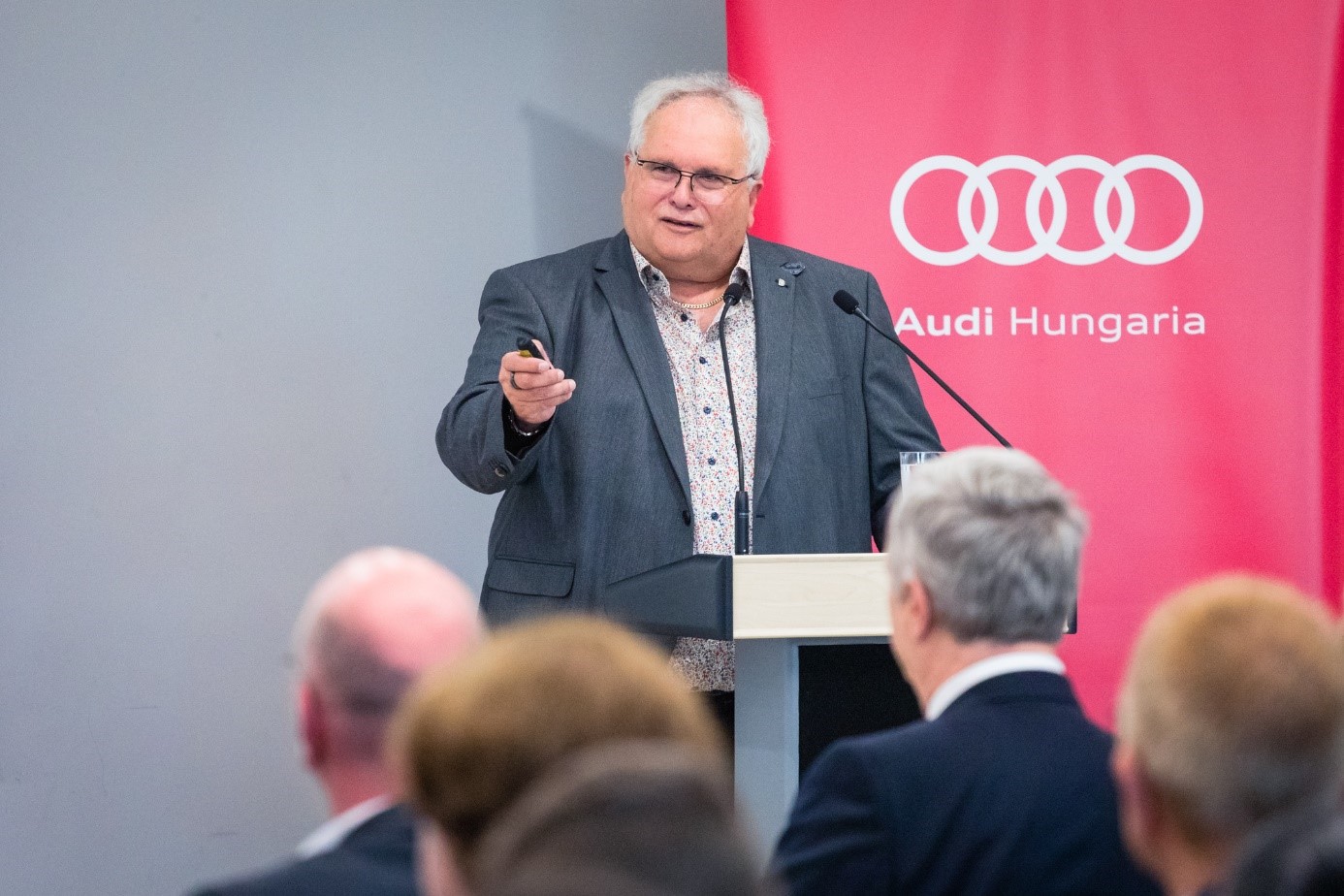
Used cooking oil will be recycled into an environmentally friendly product instead of environmentally harmful waste.Continue reading
As a result of the cooperation between Audi Hungaria Zrt. and New Energy Kft., tire waste from the car manufacturer’s Győr site is now being recovered chemically, avoiding the release of micro-plastics and harmful substances into the environment during the recovery process – reported Járműipar.hu.
The process used is pyrolysis, whereby waste tires are chemically converted into oil. The resulting oil is used by petrochemical companies to produce new plastics, while the resulting technical soot is used in tire production. The gases produced during pyrolysis are used to generate the high temperatures needed for the process.

Photo: Facebook/Waste Tyre Pyrolysis to Oil Plant
The use of environmentally friendly technologies is a priority for our company, not only in production but also throughout the life cycle of our products, including the recycling of our waste by our waste management partners.
We have introduced a number of sustainability measures over our three decades of existence. Within the brand group and Audi Hungaria, our Mission: Zero environmental program encompasses these measures. The use of resource-efficient solutions is a key pillar of these efforts, for example through our Aluminium Closed Loop project, launched three years ago, which has resulted in the closed loop recycling of part of the aluminum waste generated during production. Our experts and partners are constantly looking for further ways to reduce our resource consumption and thus our ecological footprint,” explained Alfons Dintner, Chairman of the Board of Directors at Audi Hungaria.

Alfons Dintner presenting to University of Győr students on “How I became CEO.” Photo: Facebook/SZE Alumni
As a result of the cooperation between Audi Hungaria and New Energy Ltd., pyrolysis products can be used to replace fossil raw material sources, contributing to sustainable and resource-efficient manufacturing processes.
Audi Hungaria appreciates this successful cooperation with its partners and is currently investigating further possibilities for chemical recycling of plastic waste streams from production. The collaboration and research between Audi Hungaria and New Energy was coordinated and managed by DBH Investment. The waste management part of the program was supported by Büchl Hungaria.
Audi Hungaria has been carbon neutral in its balance sheet since 2020. The company has been using geothermal energy since 2015, saving around 21,000 tons of carbon dioxide emissions per year. A further part of its energy supply is provided by Europe’s largest rooftop solar farm on the company’s premises, which covers a total of 160,000 square meters. The company recycles almost 100 percent of the waste generated.
New Energy is an innovative technology company specializing in the development and commercialization of solutions for the circular economy, with over a decade and a half of operational experience in pyrolysis plant management. New Energy’s core mission is to turn previously unmanageable polymer-based waste streams into useful feedstocks for the petrochemical industry, and manage the unsustainable extraction of natural resources in an economically efficient way. The company has developed and commercialized a range of technologies that can convert waste tires into valuable secondary raw materials to support the circular economy strategies of its partners and customers.
Via Járműipar.hu; Featured image: Facebook/Smart Tire Recycling